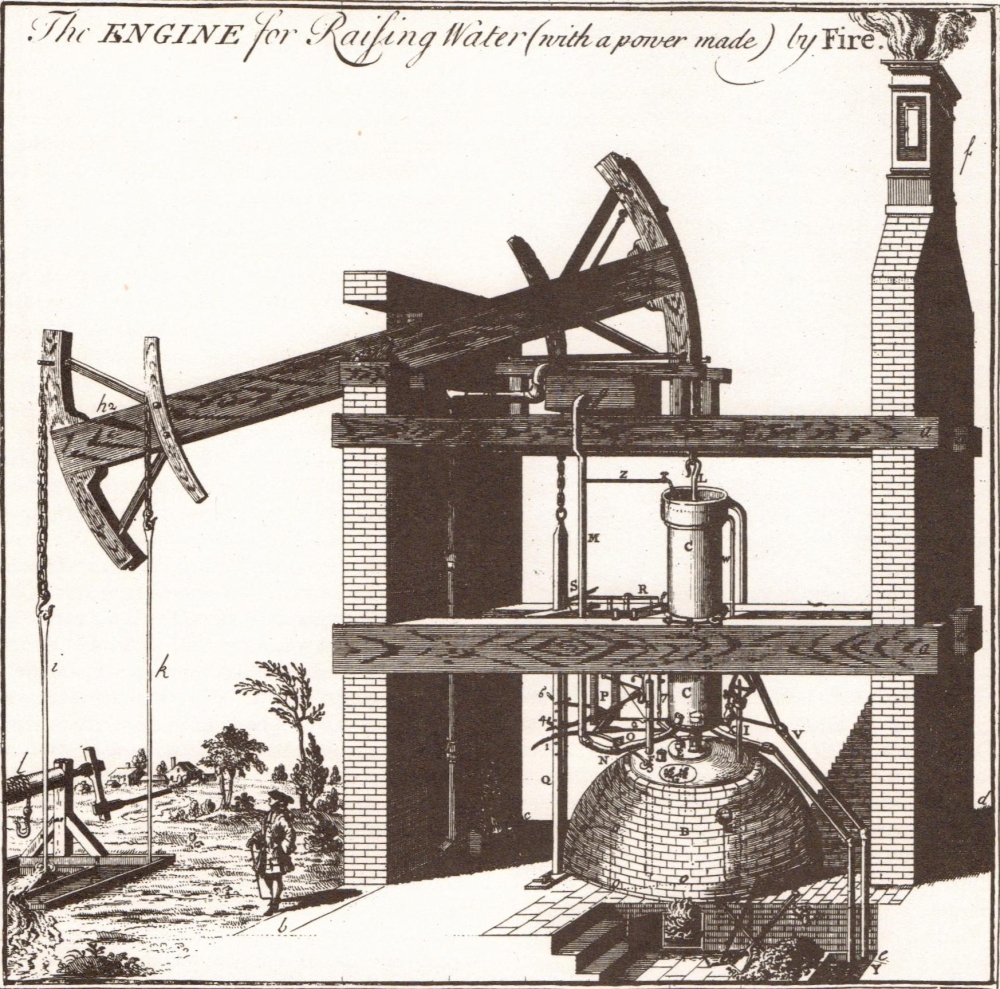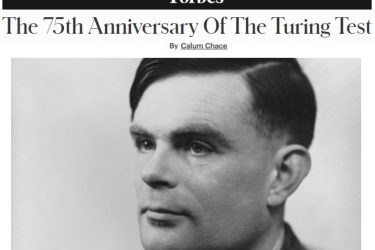Industrie 4.0

Klaus Schwab is a clever man. After a rapid ascent through the ranks of German commercial life, he founded the World Economic Foundation (WEF) in 1971. The WEF is best known for organising a five-day annual meeting of the global business and political elite at the ski resort of Davos in Switzerland. He has a list of awards and honorary doctorates as long as your arm.
Schwab has done much to popularise the notion that we are entering a fourth industrial revolution – not least by writing a book of that name. He didn’t invent the phrase: rather he has broadened the term Industrie 4.0, which was adopted by a group of leading German industrialists in 2012 to persuade their government to help the country move towards “smart manufacturing”, in which artificial intelligence and Big Data are deployed to make production processes more efficient and more flexible.
In that limited context the name makes some sense, but the Fourth Industrial Revolution label is expansionist, and has claimed the Internet of Things, among other aspects of our increasingly AI-affected world. It is a misleading and unhelpful label.
The sixth fourth industrial revolution
Smart manufacturing is not the first development to be called the Fourth Industrial Revolution. As this Slate article from January 2016 points out, it is at least the sixth “fourth industrial revolution”. (The others, since you ask, were atomic energy in 1948, ubiquitous electronics in 1955, computers in 1970, the information age in 1984, and finally, nanotechnology.)
Furthermore, if we are in the business of chopping the industrial revolution into pieces, it is by no means clear that there were only three of them before Industrie 4.0 came along. One of the most helpful ways to understand the industrial revolution is to view it as the arrival of four transformative technologies on the following approximate timeline:

- 1712: primitive steam engines, textile manufacturing machines, and canals
- 1830: mobile steam engines and railways
- 1875: steel and heavy engineering, the chemicals industry
- 1910: oil, electricity, mass production, cars, airplanes and mass travel
Labelling the Internet of Things, or even smart manufacturing, as the Fourth Industrial Revolution is both confusing and plain wrong. In fact they are both part of something much bigger than another lap of the industrial revolution, momentous as that process was. They are part of the information revolution.
The information revolution
The information revolution begins as information and knowledge become increasingly important factors of production, alongside capital, labour, and raw materials. Information acquires economic value in its own right. Services become the mainstay of the overall economy, pushing manufacturing into second place, and agriculture into third. (Some politicians don’t like this idea, but there is not much they can do about it. You can’t wish manufacturing back into pole position, and trying to legislate it would bring ruin.)

An Austrian economist named Fritz Machlup calculated that knowledge industries accounted for a third of US GDP in 1959, and argued that this qualified the country as an information society. That seems as good a date as any to pick as the start of the information revolution.
Not just semantics
Why is this important? Is it just semantics? No. First, labels are an important part of language, and language is what allows us to communicate effectively, to kill mammoths, and to build walls and pyramids. When labels point to the wrong things, or point to different things for different people, you get confusion instead of communication.
Secondly, the information revolution is the most important event in our species’ short but dramatic history. It is our third great transformative wave. The first was the agricultural revolution which turned foragers into farmers. That gave us mastery over animals, and generated food surpluses which allowed our population to grow enormously. It made the lives of individual humans considerably less pleasant on average, but it greatly advanced the species.
The second, of course, was the industrial revolution, which in many ways gave us mastery of the planet. Coupled with the enlightenment and the discovery of the scientific method, it ended the perpetual tyranny of famine and starvation, and brought the majority of the species out of the abject poverty which had been the fate of almost every human before. For most people in the developed world it created lifestyles which would have been the envy of kings and queens in previous generations.
The information revolution will do even more. If we survive the two singularities – the economic and the technological ones – it will make us godlike. If we flunk those transitions, we may go extinct, or perhaps just be thrown back to something like the middle ages. Since you are reading this it is likely that you know what I am talking about, and understand the reasoning behind these apparently melodramatic claims. Too few of our fellow humans do, and we need to change that. Muddying the waters of our understanding of the information revolution by calling parts of it the Fourth Industrial Revolution does not help.



